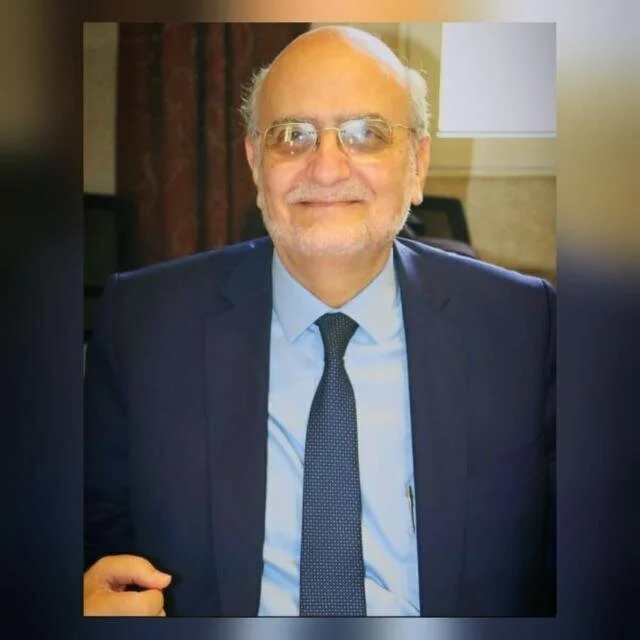Reflections on harsh times
On the sidelines of the earthquake in the north of Antioch
Dr. Michel E. Abs
Secretary General of the Middle East Council of Churches
The ordinary observer, as well as the social and psychological analyst, cannot fail to notice the reactions of states and people, regarding the rescue and relief work that is taking place in our northern Antiochian Levant region, where the earthquake occurred, in two neighboring countries, Turkey and Syria.
The spontaneous rapprochement that has emerged between people, as well as between states, is worth contemplating because of the humanitarian and peaceful potentials it carries that bode well for the future of humanity.
We will not go into the names, because everyone watches and sees, and is certain of what you are talking about.
In conversations, people's natures is revealed, their merit floats to the surface of events, and their goodness appears in public, and this is what we want to underline in this article.
The quarreling states and peoples have forgotten or set aside the differences and conflicts between each other, and have rushed automatically to provide whatever logistic, in-kind and monetary assistance they can to the affected communities.
This behavior is in line with the human tendencies that the spiritual, humanitarian, moral, civil and intellectual authorities have been trying to circulate throughout the world for decades, which, if they indicate anything, indicate that guidance, education and advocacy for good behavior have succeeded.
Assisting in a person’s tragedy, extending a helping hand to him in times of difficulty, forgetting enmities, and focusing on good work, accompanied by a kind word, are the finest things a person can practice in the era of knowledge, science, enlightenment, and the virtues that must accompany all of that.
In this context, we cannot but praise this approach in behavior and consider it the model that all peoples and civilizations must follow, at all times, places, and under all circumstances.
Standing by the side of the weak, or the afflicted, is a divine and human duty par excellence, and it is the criterion of civilized progress and religious faith.
Vice versa. Bullying the weak, harassing him, and taking advantage of his vulnerability, are the worst things a person can do against another. This was condemned by the heavenly commandments and international covenants, and rejected by social values and popular cultures.
The Lord created us as human beings equal in dignity and worth, and we must obey His will in order to show how worthy we are to grant us life and the elements of survival.
There is no doubt that these behaviors, which, to say the least, are commendable and an example of ethics and humanity, will lead to a lot of documentary and media production, and a lot will be written about them. We are sure that they will build a new phase of relations between people. We wish states and policy makers maintain them when managing the interests of their people.
At the end of my speech, I cannot help but recall the words of the Incarnate Master when He said:
Truly I say to you, as you did it to one of the least of these my brethren, you did it to me.”
(Matthew 25:40)

